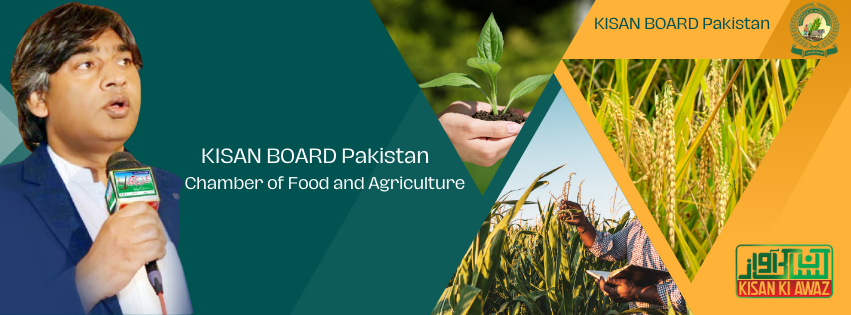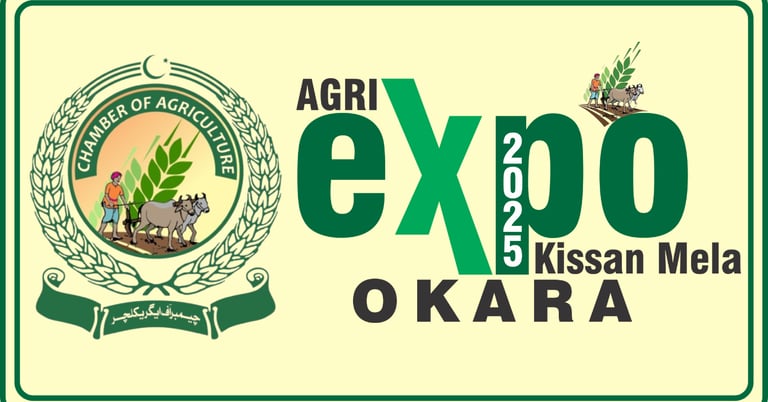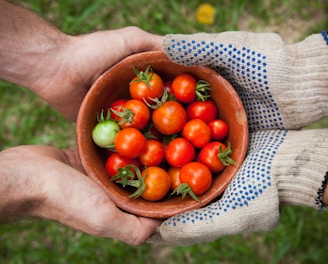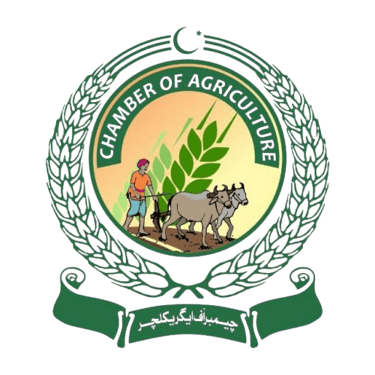Our projects


Our Project: Transforming Agriculture in Pakistan
The Chamber of Food and Agriculture (CFA) of Pakistan is leading a bold initiative to revitalize the agricultural landscape of the country. With over 60% of Pakistan’s population living in rural areas and directly or indirectly reliant on agriculture, the sector remains the backbone of the national economy. However, outdated practices, water scarcity, low productivity, and climate change continue to threaten food security and rural livelihoods.
Our Project is a multi-dimensional, inclusive, and impact-driven initiative aimed at tackling these core challenges by empowering farmers, modernizing farming methods, and building resilient rural communities.
🎯 Project Focus Areas
🌾 1. Agricultural Innovation & Skill Development
Through our Skilled Youth & Prosperous Farmer Program, we train farmers—especially rural youth—in climate-smart, technology-driven farming techniques, including precision agriculture, drip irrigation, organic farming, and post-harvest handling. Over 5,000 farmers and agri-entrepreneurs have already received training under this initiative.
🌱 2. Sustainable & Climate-Resilient Agriculture
With Pakistan ranked among the most climate-vulnerable countries, our Green & Clean Village Program promotes the use of eco-friendly inputs, conservation techniques, and renewable energy solutions. Pilot projects in Punjab and Sindh have shown a 15–20% increase in crop yields while reducing environmental impact.
📡 3. Digital Agriculture & Market Linkages
Our Kisan Gar Digital Shop serves as a digital hub to connect farmers with agri-services, inputs, real-time market prices, and government subsidies. We’re bridging the information gap that leaves thousands of smallholders at the mercy of middlemen.
👩🌾 4. Empowering Women & Rural Youth
Women contribute over 45% of agricultural labor in Pakistan, yet their access to training, credit, and land ownership remains limited. We actively engage women through vocational training, cooperative farming models, and leadership development. Over 2,000 rural women have been mobilized so far.
🐂 5. Livestock & Dairy Sector Enhancement
With nearly 8 million households in Pakistan dependent on livestock, we are improving animal healthcare, promoting value-added dairy production, and helping rural farmers meet international quality standards to access global markets.
🍛 6. Food Security & Nutrition
Through our Save the Humanity from Hunger campaign, we promote local production of nutritious crops, support food fortification, and collaborate with the government on nutrition-sensitive agriculture policies to reduce malnutrition, especially among children and women.
🏘 7. Model Villages for Holistic Rural Uplift
We are developing Model Villages in each province, integrating modern agriculture, clean water, education, healthcare, and vocational training to demonstrate a replicable model of rural prosperity.
📊 Impact Goals by 2030:
Train 100,000+ farmers and agri-youth across Pakistan
Double average farm productivity in target areas
Increase women’s participation in agriculture by 40%
Promote sustainable practices on over 500,000 acres of farmland
Reduce rural poverty in model villages by at least 25%
🇵🇰 Why This Project Matters for Pakistan
Agriculture employs over 38% of Pakistan’s labor force and contributes about 19% to GDP, yet it is underperforming due to policy gaps, limited innovation, and external shocks. Our project not only tackles these structural challenges, but also aligns with Pakistan’s Vision 2035, SDGs, and the National Food Security Policy.
By transforming agriculture, we are laying the foundation for a resilient, food-secure, and economically empowered Pakistan.
To formulate policy guidelines through mutual dialogue for sustainable development of agricultural sector and farmers’ prosperity and to ensure implementation of the agricultural policies


To equip farmers with technological skills for attuning Pakistan’s agricultural sector in line with modern trends and realizing globally competitive productivity levels.


To strive for availability of international standard agricultural inputs (fertilizer, seed, pesticides, and agricultural equipment) and adopt concrete measures to prevent farmer exploitation in commodity markets



Produce sufficient high-quality and safe food; Build on available technology, knowledge and skills in ways that suit local conditions and capacity
To promote culture of climate change, farming and trade and initiate projects for raising income levels of rural masses


